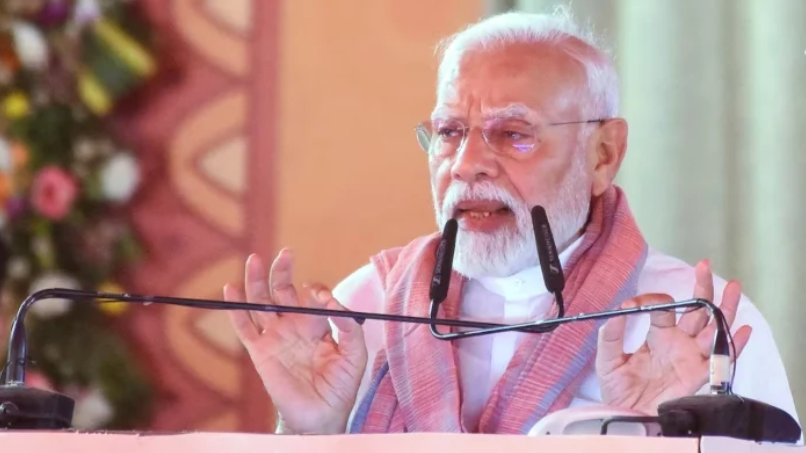Indian Prime Minister Narendra Modi’s ruling alliance faces a challenging regional election next month in Bihar, where joblessness, women voters, and controversies over the voter list are emerging as decisive issues that could test the strength of his National Democratic Alliance (NDA).
Bihar, one of India’s poorest yet most politically significant states, has long been a swing region. Chief Minister Nitish Kumar, who has alternated between Modi’s camp and the opposition over the years, is now a key NDA ally.
Political analysts say cracks in the NDA during the November assembly elections could unsettle Modi’s national coalition, especially ahead of upcoming polls in Assam, West Bengal, and Tamil Nadu.
The NDA currently holds 293 of the 543 seats in Parliament, but its core support base remains concentrated in only a few states.
Opinion polls point to a tight race.
A recent survey by Vote Vibe suggested that as of October 8, the NDA held just a 1.6 percentage point lead over the opposition alliance led by the Rashtriya Janata Dal and the Congress. The slight edge, analysts say, comes from the government’s cash-transfer programs — including a self-employment subsidy that disbursed over 121 billion rupees to 12.1 million women.
In Bihar’s capital, Patna, activist Nivedita Jha said women are expected to play a crucial role since many men migrate to cities like Mumbai and Delhi for work and often cannot return to vote.
“Women make the decisions here,” she said. “They discuss the opposition’s promises of higher payments, and from what I hear, many trust the opposition more this time.”
But frustration over the revision of voter lists has added to public anger. Eighty-five-year-old Jitni Devi, whose name was struck off the rolls, said she has been declared dead by officials and has lost access to her pension.
“They call me a dead woman,” she told Reuters. “Even the bank refuses to give me my money.”
Unemployment among Bihar’s youth is another pressing concern. Government data shows that joblessness among those aged 15 to 29 has fallen from 30.9 percent in 2018–19 to 9.9 percent in 2023–24. Yet the improvement has not translated into optimism.
“For me, the issue is jobs,” said 25-year-old Babloo Kumar, a first-time voter. “I’ve seen my father leave Bihar every year to earn a living.”
A new political entrant, Jan Suraaj, led by Modi’s former campaign strategist Prashant Kishor, is seeking to reshape Bihar’s political narrative around employment, migration, and debt.
“There’s a real decline in Modi’s popularity here,” said the party’s national president, Uday Singh. “People are tired of promises that don’t reach them.”
Despite these challenges, the ruling Bharatiya Janata Party remains confident.
“The NDA is in a solid position,” said BJP spokesperson Guru Prakash Paswan. “People continue to have faith in Prime Minister Modi’s vision for development.”
Voting for Bihar’s 243 assembly seats will take place on November 6 and 11, with results scheduled for November 14.



